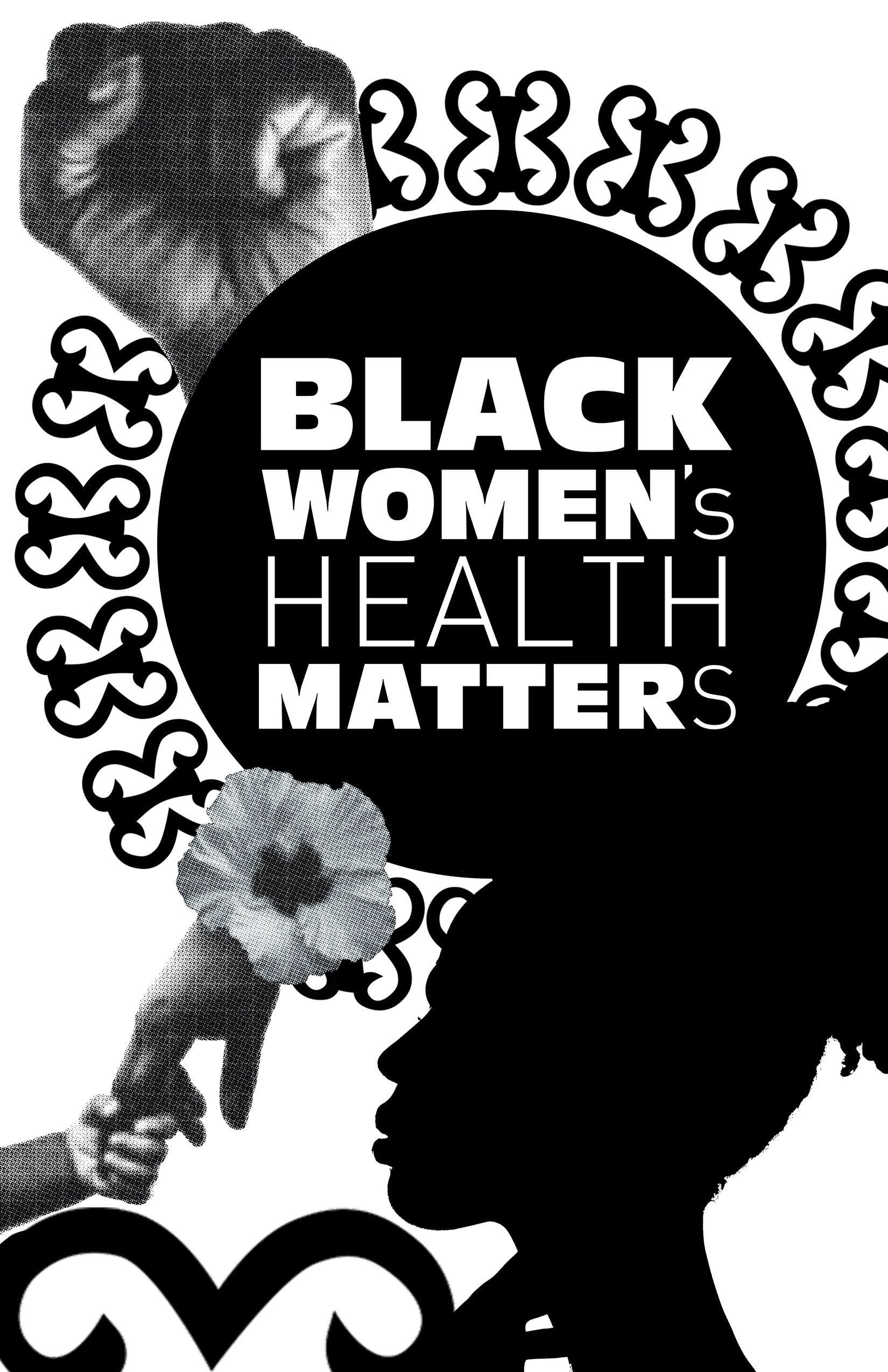-
Too Many and Not Enough

I spent a large portion of July 2021 in the hospital. Not for me but for a friend who had undiagnosed severe abdominal pain. I found it frustrating as her care providers kept administering pain meds, but did not appear to be doing all they possibly could to address the cause of her discomfort. I went home, Googled symptoms and wrote a list of tests and screenings I felt she was entitled to receive. I regularly heard and read about the disparity of healthcare for BIPOC women in this country, but it was right in front of me, effecting the life of one of my best friends. Medical school graduates take the hippocratic oath, "First, do no harm." How can they potentially do anyone harm, if they are not doing anything in the first place?
Black women and women of color are grossly underrepresented in biomedical research and clinical trials and are 3-4 times more likely to die from pregnancy related complications. While lung cancer and breast cancer deaths have significantly declined in the past decade among BIPOC women, quality and access of care, timeliness and outcomes still lag behind white women.
Implicit bias and racism in the medical field can result in some people not receiving the same level of care as others. This can too often lead to poor mental health, poor physical health and even death. Black women's health concerns are too often dismissed or ignored by healthcare providers until the situation is horrendous. Sadly, racial health disparity begins at birth for Black women. The Color of Care on the Smithsonian Channel demonstrates how racism permeates healthcare in America and how the COVID-19 pandemic exacerbated systematic negligence at the cost of countless lives.
Unfortunately, Black women face a unique double-bind. In conjunction with racialized medical mistreatment, there is the lack of paid leave that would allow them to recover physically from a medical ordeal without suffering financial repercussions. Black women are most likely to need paid medical leave but do not take it, even at the risk of their own health.
It is imperative we acknowledge and amplify the voices of Black women in advocating for their health. It is exigent we stand by our BIPOC friends and advocate for their health and well being when they are not being seen or heard. I am happy and relieved to report my dear friend is thriving physically and mentally today. But too many are not so fortunate.

Tell a Friend


